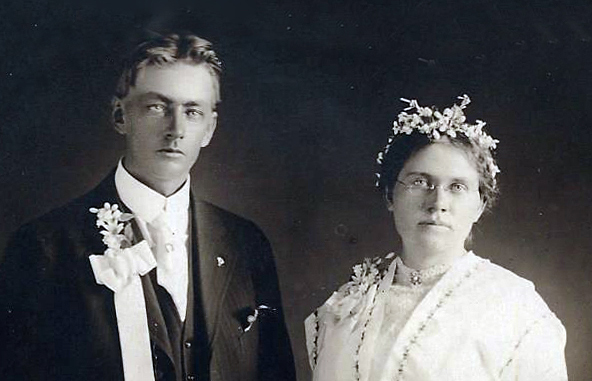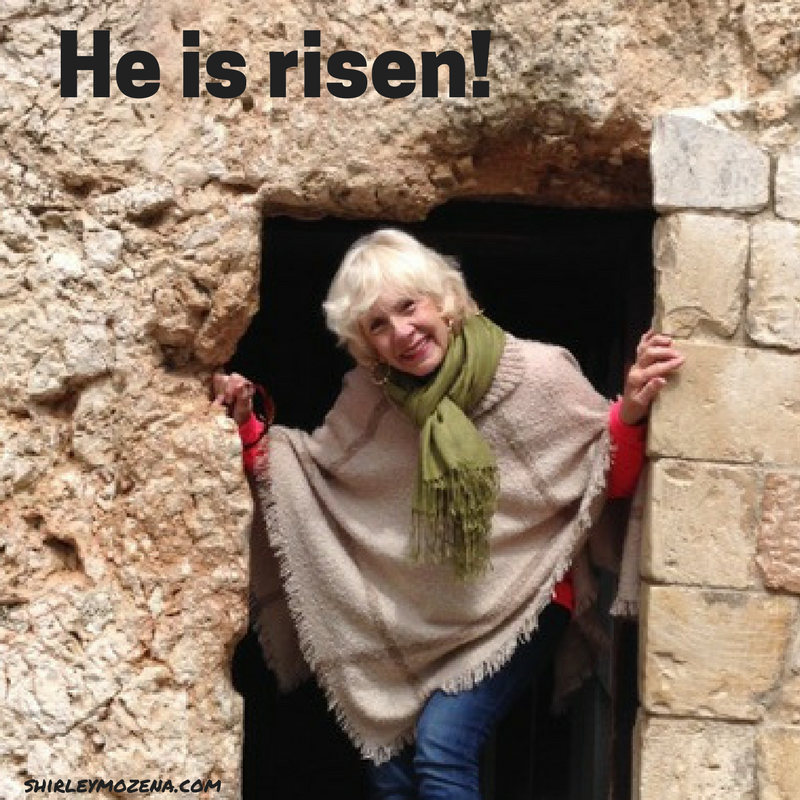How often do you have to say “I’m sorry”? I must confess in spite of the fact that I’m a Christian, I have to ask for forgiveness often. I am impatient. Jealous. Impetuous. I don’t like myself when those emotions come out in words and actions. I find I often have to say I’m sorry to my husband and other family members. Fortunately, they love me and are quick to forgive. How much more rapid is God’s response when we ask him for forgiveness?
This morning as I gathered my thoughts about what to write, I read in both the Old and New Testaments. In the Old, I read how God is our promise keeper. Is there a stipulation in God keeping His promise? I read more in Daniel’s prayers, he acknowledged we must keep God’s commands (Daniel 9:4) and confess sins, (Daniel 9:15). In the New, we read, God is faithful to forgive when we acknowledge we have wronged others (I John 1:9).
In our nation, we are in the midst of a mid-term election that is stormy. Whichever party you belong to, you will agree that–in my lifetime at least–we are experiencing chaos like never before. I heard one commentator say this election is the most important turning-point-election since 1860. I’m not sure if that commentator is right or not, but if we look at history, there is one thing we must agree on: Our nation needs prayer. Our world needs prayer. Lots of it.

The words of the hymn below remind us how often we are “prone to wander…and leave the God I love.” Click on the title below to hear a version of this song:
Come, Thou Fount of Every Blessing
O, to grace how great a debtor
Daily I’m constrained to be!
Let that grace, Lord, like a fetter,
Bind my wand’ring heart to Thee.
Prone to wander, Lord, I feel it;
Prone to leave the God I love; (emphasis mine)
Here’s my heart; Lord, take and seal it;
Seal it for Thy courts above. (Robert Robinson 1735-1790)
So then what? We ask for forgiveness and acknowledge God is in heaven and we ask for his will on earth as it is in heaven (Matthew 6:10). And then, in confidence, we go to him. In the Old Testament, believers had to go through a priest and make sacrifices to gain forgiveness. In the New, because of what Jesus did for us–died for our sins and then rose again to life, we can go directly to God through Jesus Christ (Ephesians 3). I like how the writer of this epistle–Paul–uses “and” again and again in grasping how much God loves us: … to grasp how wide and long and high and deep is the love of Christ (Ephesians 3:18).
Let’s pray. Will you join me?

Get these Blog posts emailed directly to you.






Leave A Comment